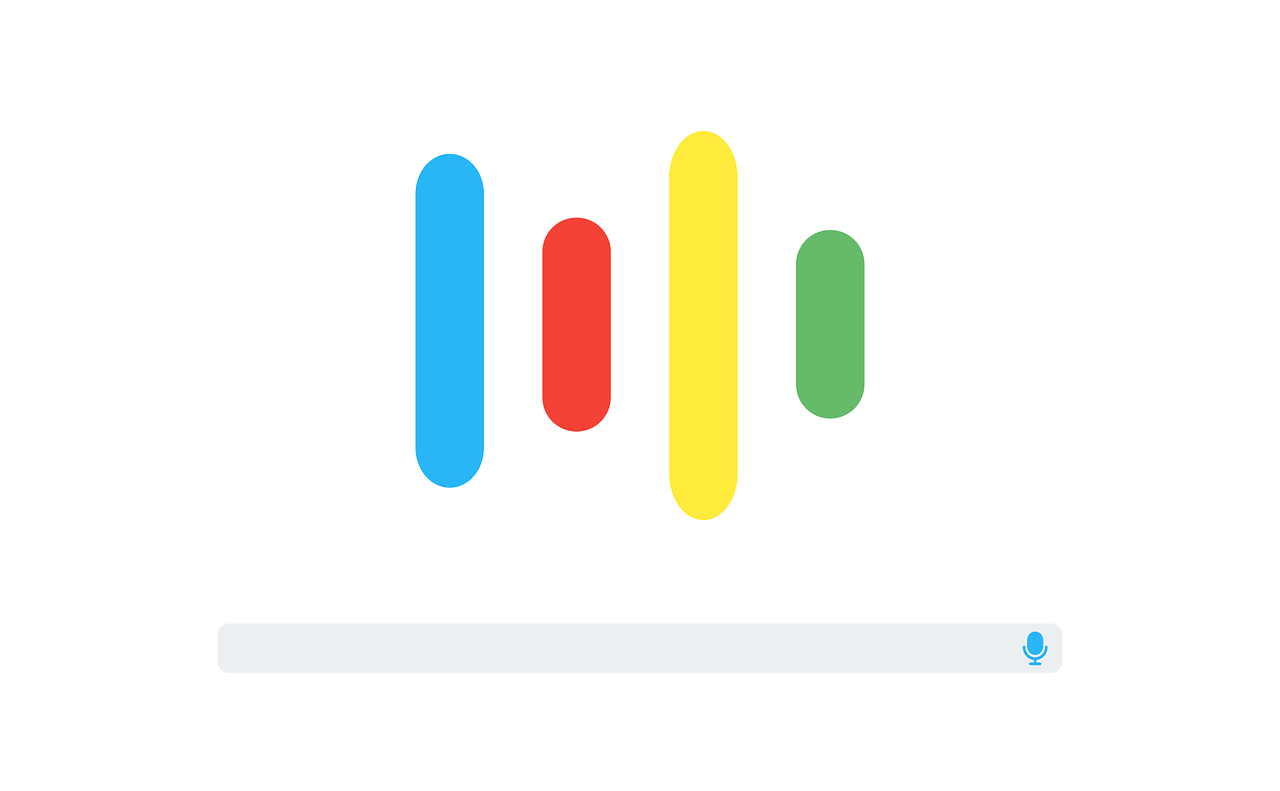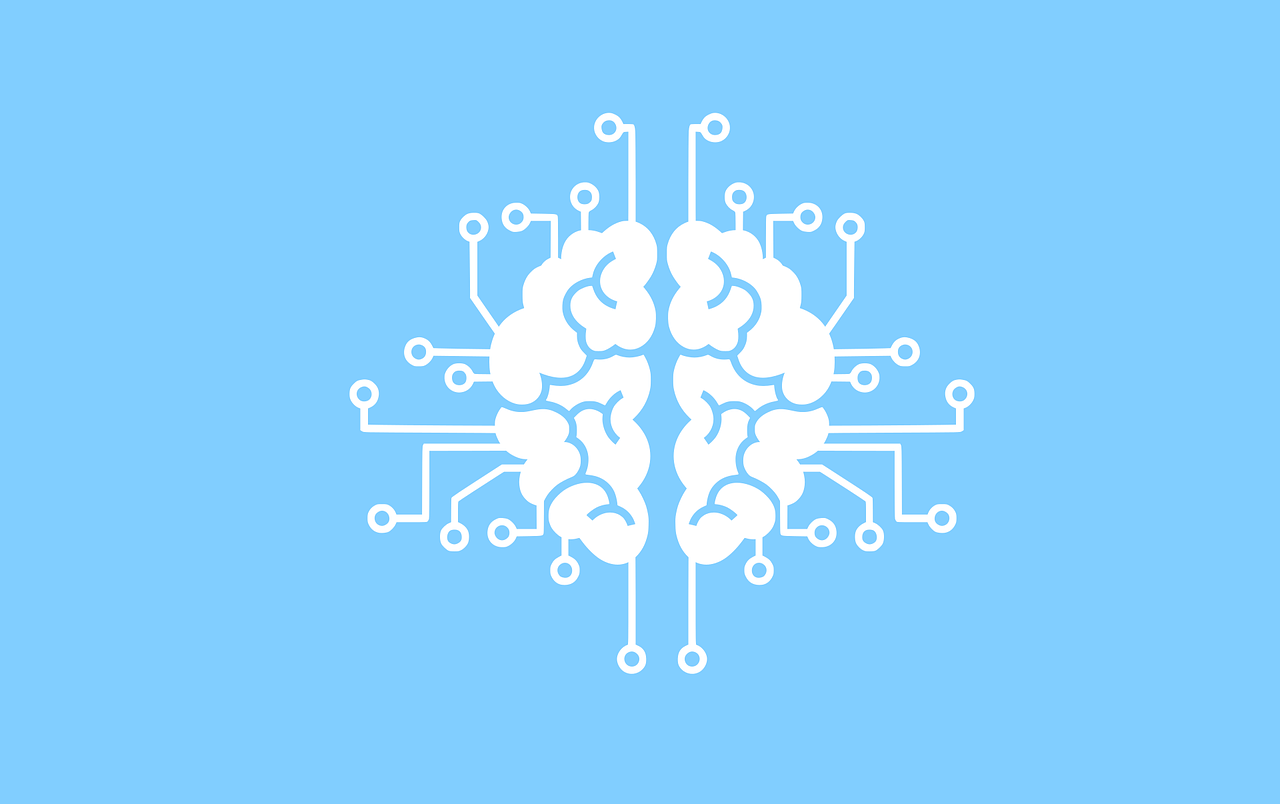3 Digital Marketing Trends To Keep An Eye On in 2021
Well, 2021 is here at last, and I think we all share the belief that it could not come soon enough. At this time of year, we’d usually take a look back at the previous 12 months to discuss the digital marketing trends that defined them, but in the spirit of putting 2020 behind us and never looking back, we thought it would be better to think about the future instead.
In all seriousness though, there’s a lot of exciting stuff happening in the world of digital marketing, and it’s certainly more useful to get ahead of the curve and prepare for the future rather than look back at the past.
So, with that in mind, here are … digital marketing trends to keep an eye on in 2021 and beyond.
Voice Search
As of 2019, over 20% of UK households were estimated to have a smart speaker (Alexa, Google Nest etc), and these products have only grown in popularity since then. This, combined with voice search enabled smartphones in virtually every pocket, means that digital marketers and SEO specialists will need to get ahead of the give and adapt now if they want to be ready for when voice search truly becomes mainstream.


It’s likely that voice search optimization will become a vital service offered by digital marketing agencies in the not so distant future. This will include optimisations to product descriptions and alternative image text to ensure they are suitable for voice, adapting website content and keywords to better suit screenless searches(long-tail keywords will be important here), and optimising websites for local search even more attentively than they were previously doing.
Interactive Content
Interactive content is fairly self explanatory – it’s content that users can interact with rather than consume from the backseat. If you’re active on social media, you’ll have seen them popping up everywhere in recent years, from quizzes, polls, and those 360degree photographs. Arguably, all content on social media is interactive now, as virtually everything posted on there can be reacted to, which involves an input from the user.
While most interactive content is quite basic in its finesse, flexibility and complexity, we think it’s really going to blow up over the next few years. For example, a study from DemandGen revealed 85% of B2B businesses were currently using or planning to use interactive content in their digital marketing campaigns. The speed in which these types of content are developed will only increase as a result of the pandemic, as one of the few things people can interact with at the moment is the online space.


Indeed, consider the increased popularity of live streams over the last 12 months, as people found new ways to connect with the world. Live streams are a prime example of interactive content with the capability of empowering and engaging a user, as hosts will often chat with their viewers and answer their questions.
Interactive Content will be an essential part of the online world as we push further forward into the 21st century. When done right, interactive content is an invaluable tool for increasing brand loyalty, collecting useful data, and increasing engagement across your online platforms.
Artificial Intelligence
When we think of artificial intelligence, or AI, some of us might be inclined to think of a time in the not too distant future where an army of robotic lifeforms have taken over mankind. Alas, the future of AI in digital marketing is far more exciting and far less dramatic.
AI in digital marketing is much less about machines trying to replicate human emotions and feelings. Instead, it’s a tool digital marketers can use to replicate the cognitive functions humans in the realms of problem solving, learning, and improving. We could talk at length about the ways in which AI has revolutionised the productivity and development of industries across the globe, but for the sake of this article, let’s look at some of the ways AI could change the game when it comes to the digital world.
At its essence, AI is able to interpret data that is given to it and respond to it, just like a human might do. In fact, as an AI system improves, both with increasing technology and the amount of data given to it, it will likely exceed human intelligence, which is definitely an interesting (or scary) thought.


AI programmers use algorithms to optimise AI functionality. Algorithms are essentially a complex set of ‘rules’ that the AI follows in order to learn more about a user, and act on that knowledge. Consider the most popular website in the world: Youtube (after Google, obviously!). The more videos a user watches, the better understanding the algorithm has about that users’ interests. It’s then able to recommend users videos based on their interests, increasing watch time, engagement, and revenue from that user.
Algorithms are, of course, much more complex than that, but on a basic level, that’s what they can do. Seeing as the AI industry is projected to be worth a whopping £126bn by 2025, expect to see these types of AI algorithms popping up more and more online – especially on ecommerce platforms that thrive about knowing as much about the user as possible. Similarly, expect digital marketers and advertisers to develop the complexity of their algorithms to better understand consumers, create hyper-personalised user experiences such as dynamic pricing and recommendations, and even chat to and support your customers for you!
Active Internet Marketing (UK)
Here at Active, it’s our job to keep ahead of the latest digital trends to ensure our clients stay ahead of the curve, and, of course, the competition! We’re committed to keeping up to date with everything going on in the industry so we can carry on innovating what we do and implementing the best strategies for businesses across the country.
With popular services such as SEO, content marketing, and social media marketing, we pride ourselves on a personal and transparent approach to digital marketing with your goals firmly at the forefront of everything we do. To learn more or receive a free website audit, please get in touch with us today at 01604 765 796 through our online form.
